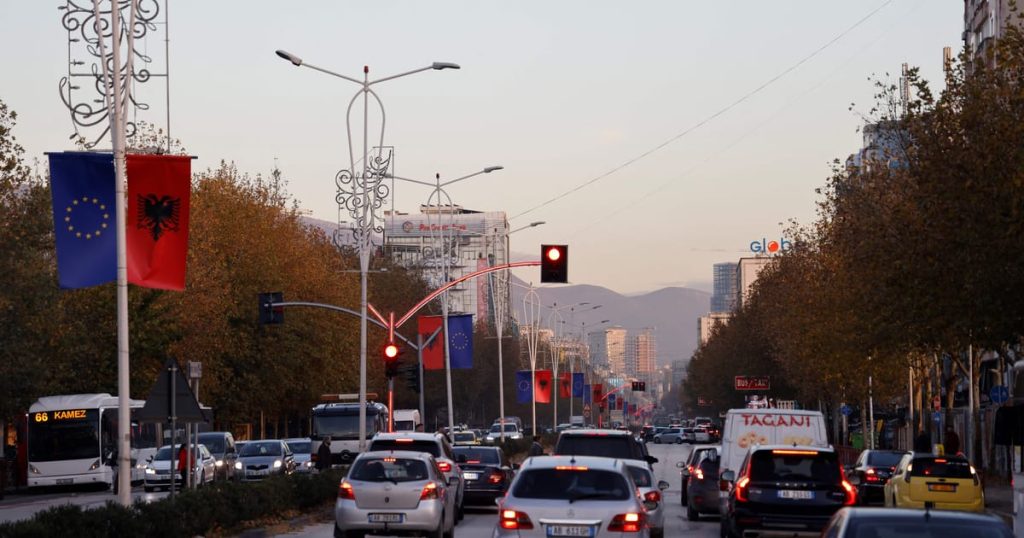Albanian Prime Minister Edi Rama recently reaffirmed his government’s commitment to achieving full European Union (EU) membership for Albania by the year 2030. In a post shared on social media platform X, he expressed strong determination and a clear vision for Albania’s future within the EU framework. This optimism comes amid a broader context of ongoing diplomatic efforts and reforms aimed at aligning Albania’s governance and political structures with EU standards. The ambition for EU accession is now a significant focus for Rama’s administration, indicating a proactive approach to bolster the country’s international standing and promote socio-economic development.
During a recent conference, organized with the participation of Hungary’s Foreign Minister Péter Szijjártó, representing the Hungarian EU presidency, the discussions around Albania’s EU ambitions were framed as an essential milestone. Both delegations acknowledged the significance of advancing the dialogue and cooperative measures between Albania and the European Union. While the milestones discussed hold promise for Albania’s EU perspective, the path towards membership is often long and complicated, underscoring the reality that progress involves meeting various political and economic criteria laid out by the EU.
The trajectory of EU accession for Balkan states is inconsistent, as demonstrated by Montenegro’s situation. This neighboring country embarked on its own EU journey 12 years ago but has only managed to close several chapters of the required 33 for full accession. Montenegro’s experience serves as a cautionary tale highlighting the complexities of achieving EU membership despite initial progress. The EU itself has set interim benchmarks to guide candidates, particularly concerning rule-of-law standards, which are pivotal for ensuring candidates align with the EU’s fundamental values.
In guiding the accession process, the EU emphasizes the importance of the rule of law and institutional reforms, which play a critical role in the evaluation of candidate nations. As such, Albania is expected to adapt and implement necessary changes in governance, judiciary independence, anti-corruption measures, and human rights. These benchmarks are crucial for demonstrating the country’s readiness to join the EU and the ability to fulfill obligations arising from membership. The focus on legal and institutional harmonization is considered essential in bolstering both the internal and external credibility of candidate countries.
Prime Minister Rama’s resolute stance signifies an understanding of the necessity for continuous reform and engagement with European standards. The Albanian government is likely to intensify its efforts in implementing reforms that address the EU’s outlined standards, ensuring that the progress is both measurable and visible to EU representatives. In this context, maintaining active dialogue with European authorities becomes vital for Albania’s EU aspirations. Therefore, leveraging diplomatic relationships and garnering public support and participation in reform processes will be paramount as the nation navigates this challenging but significant path towards EU integration.
Ultimately, while Albania’s ambition to join the EU by 2030 reflects its aspirations to improve socio-economic conditions and strengthen democracy, the journey ahead is fraught with challenges. The experiences of neighboring countries serve as reminders of the lengthy and intricate nature of EU accession negotiations. Continuous dedication to implementing necessary reforms, meeting established benchmarks, and engaging with EU institutions will be essential for Albania to realize its European ambitions while contributing positively to the broader stability and development of the Balkan region.














